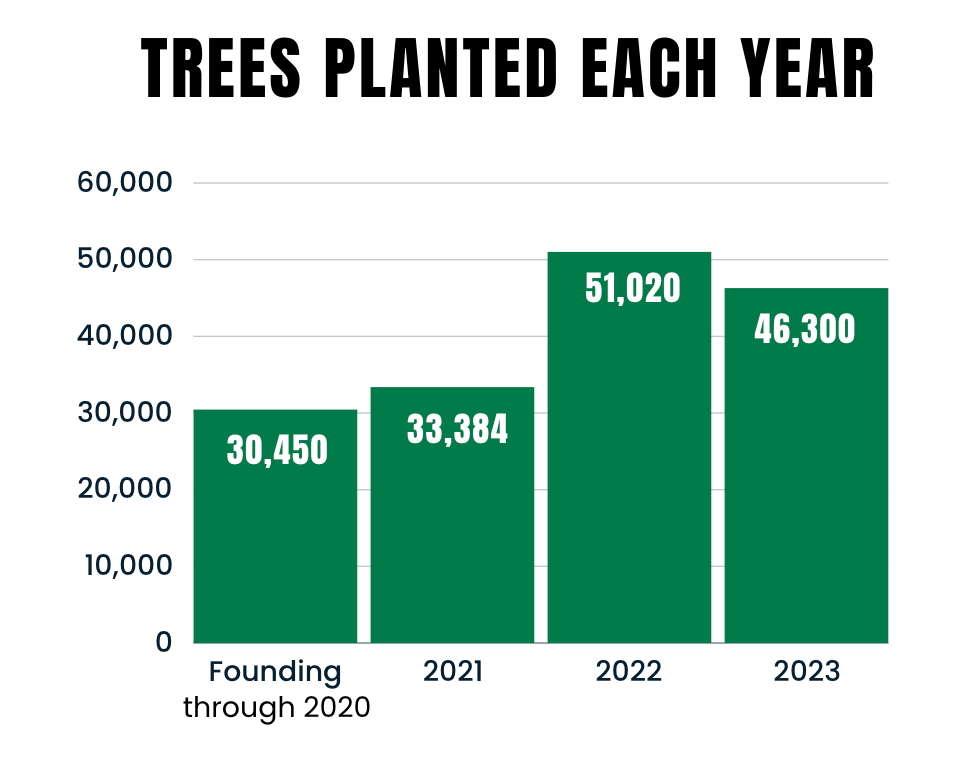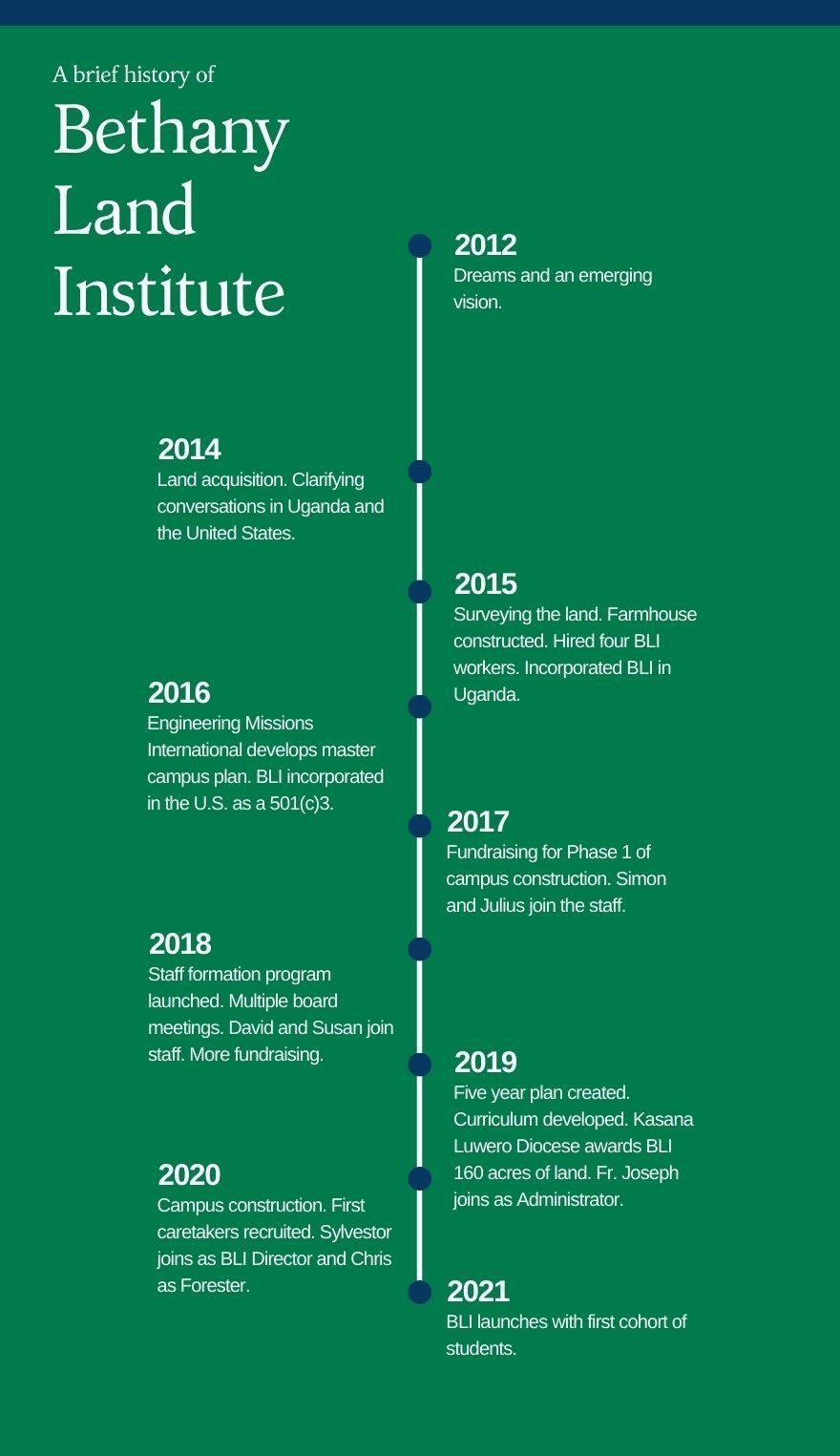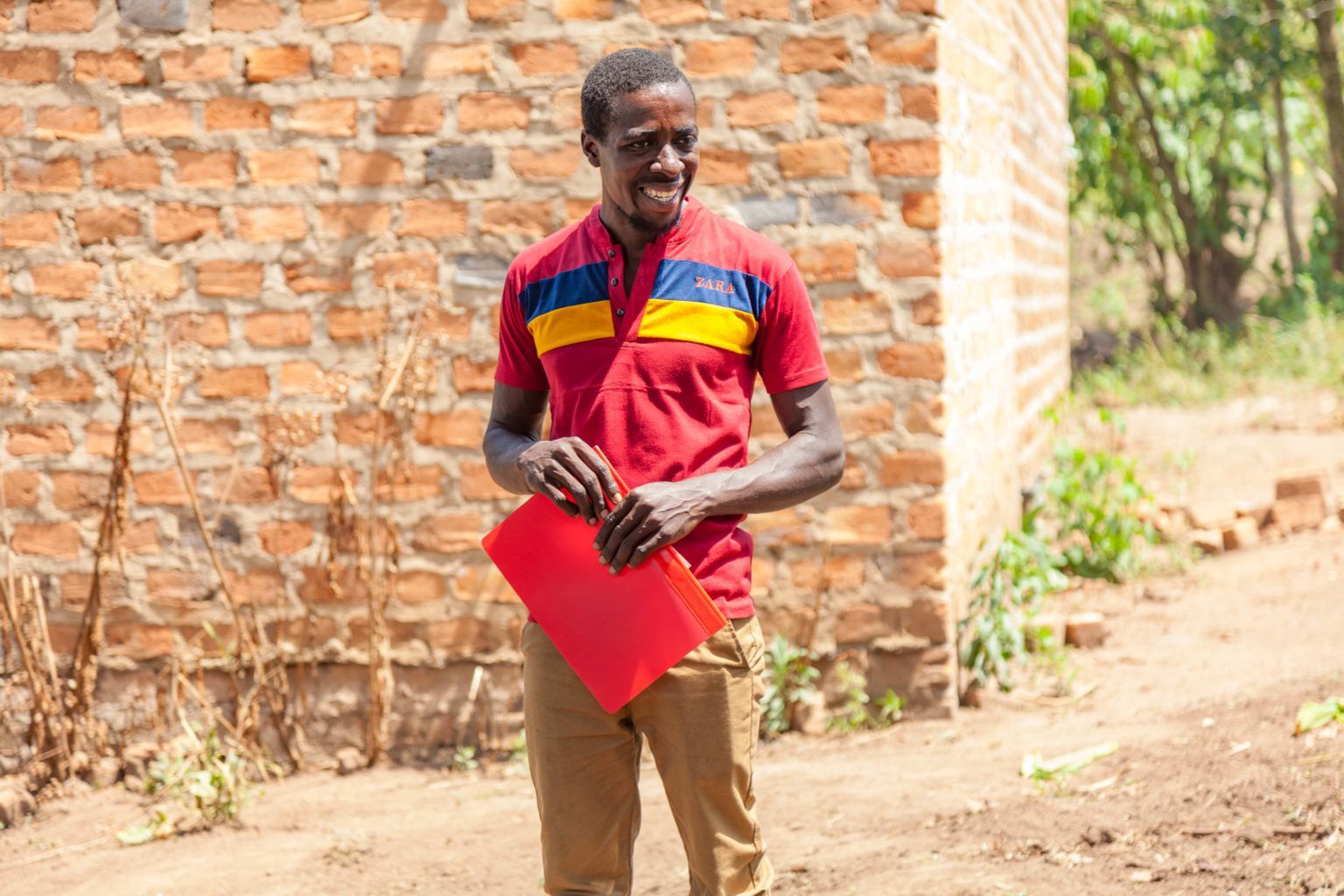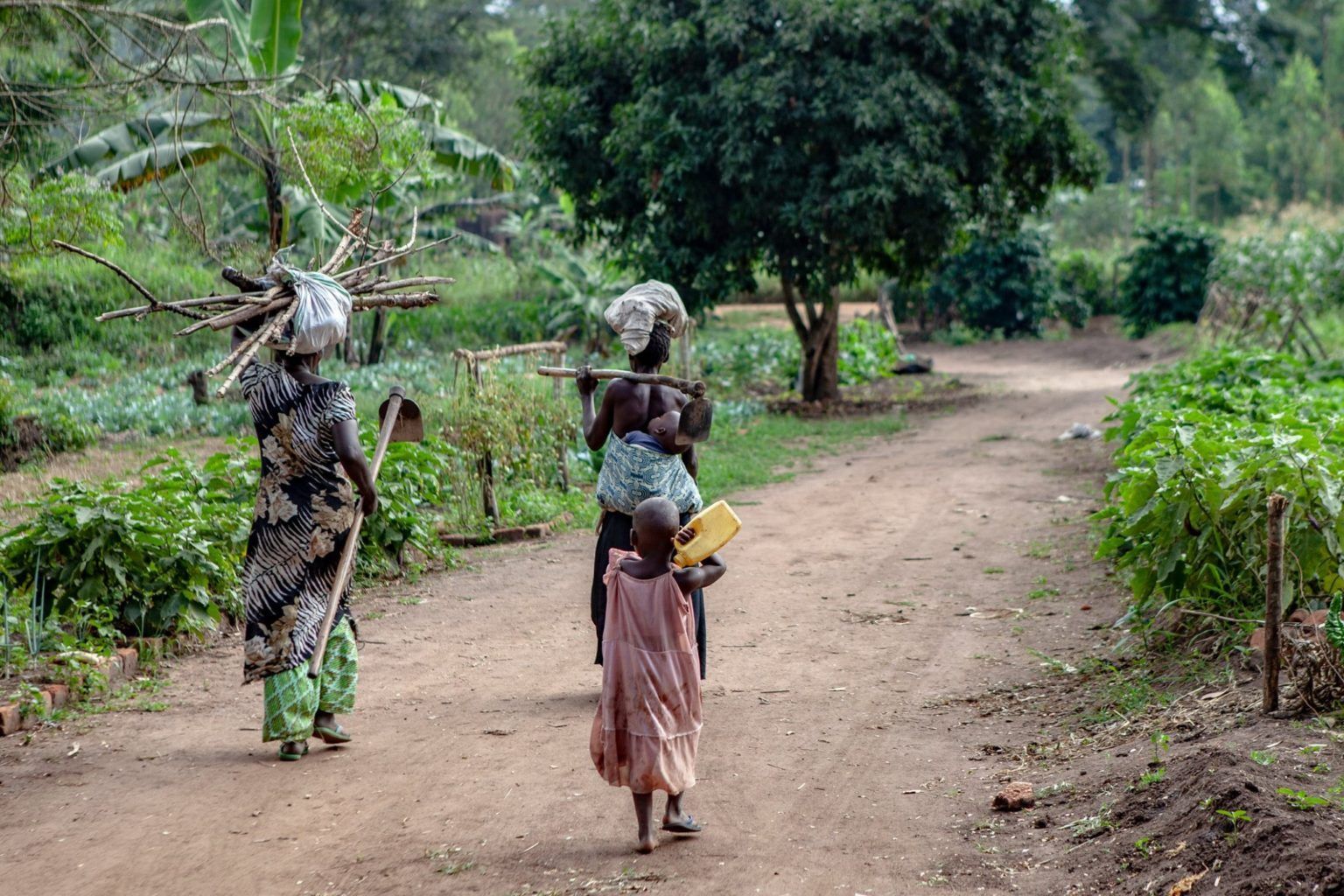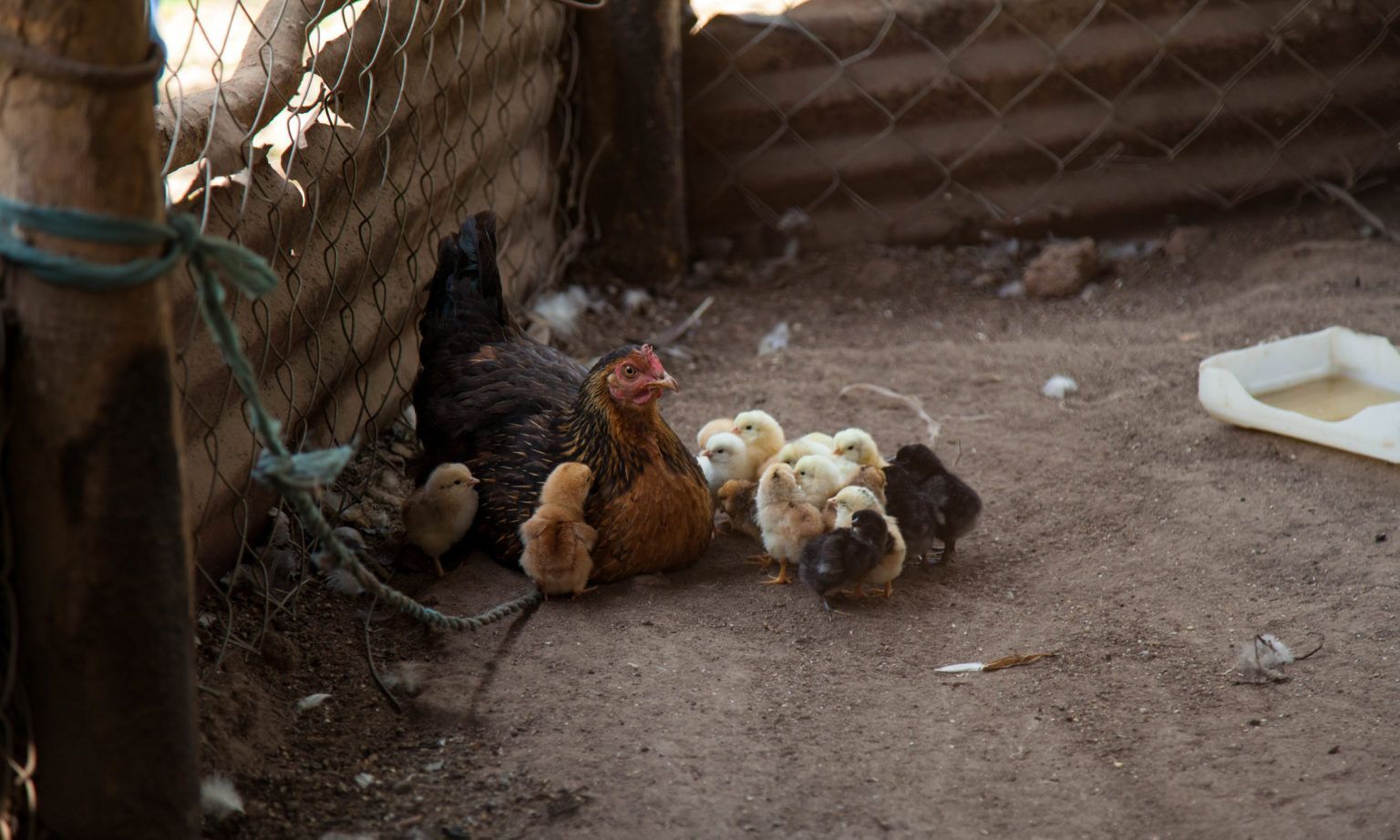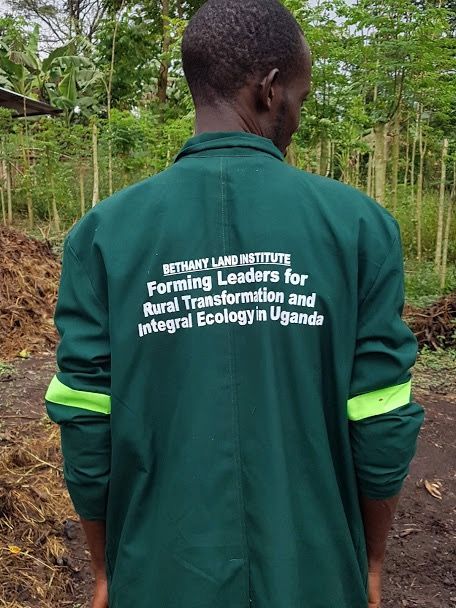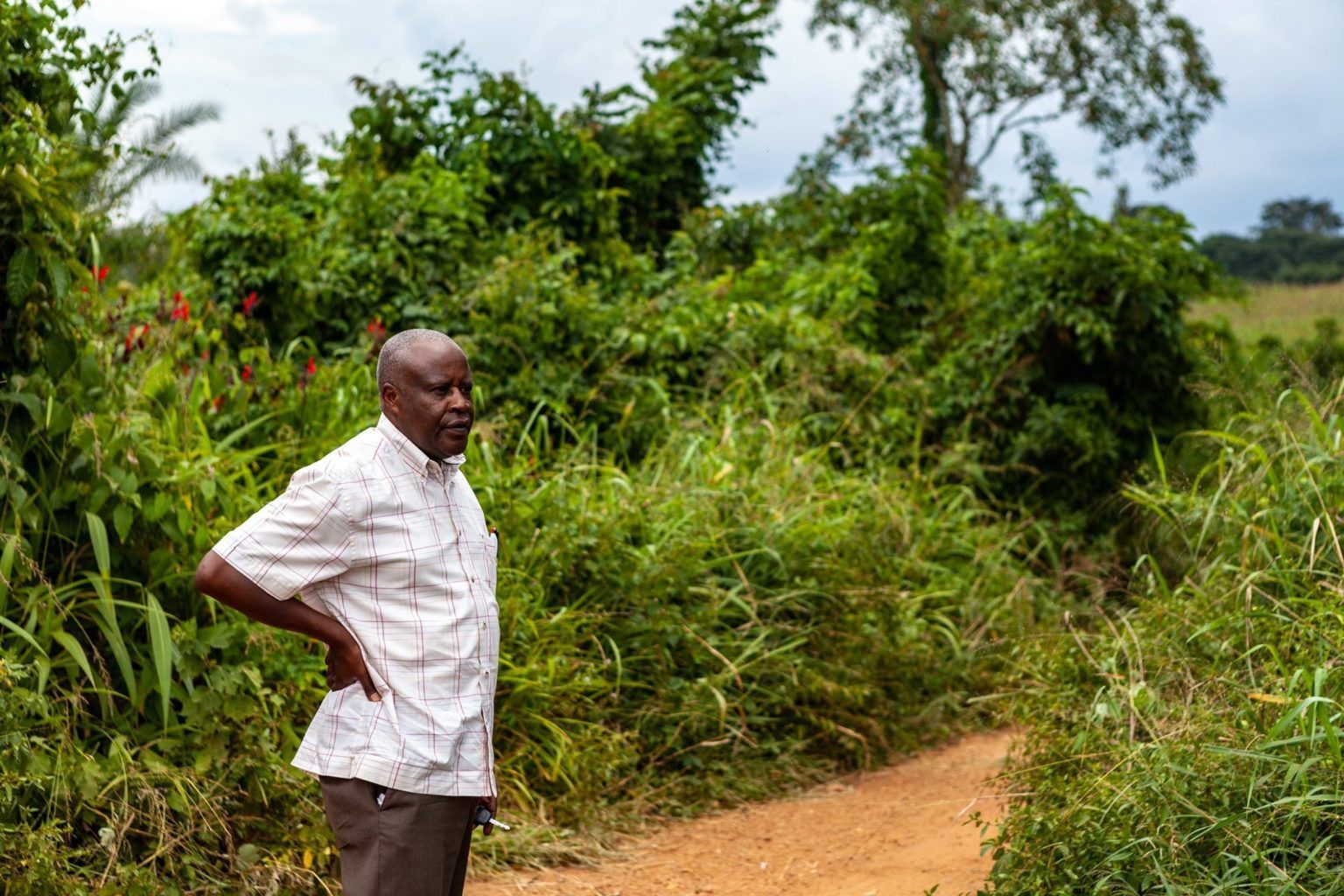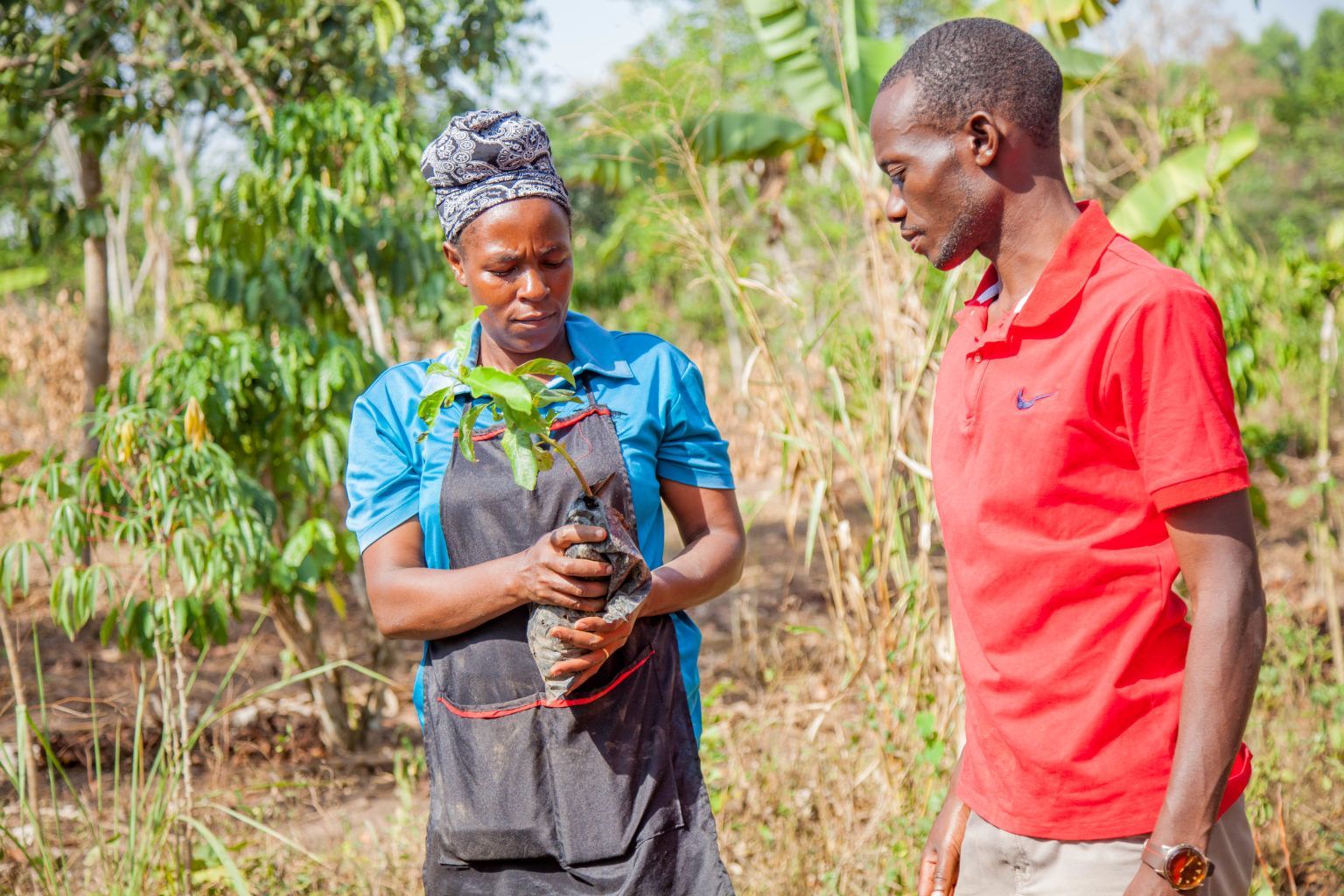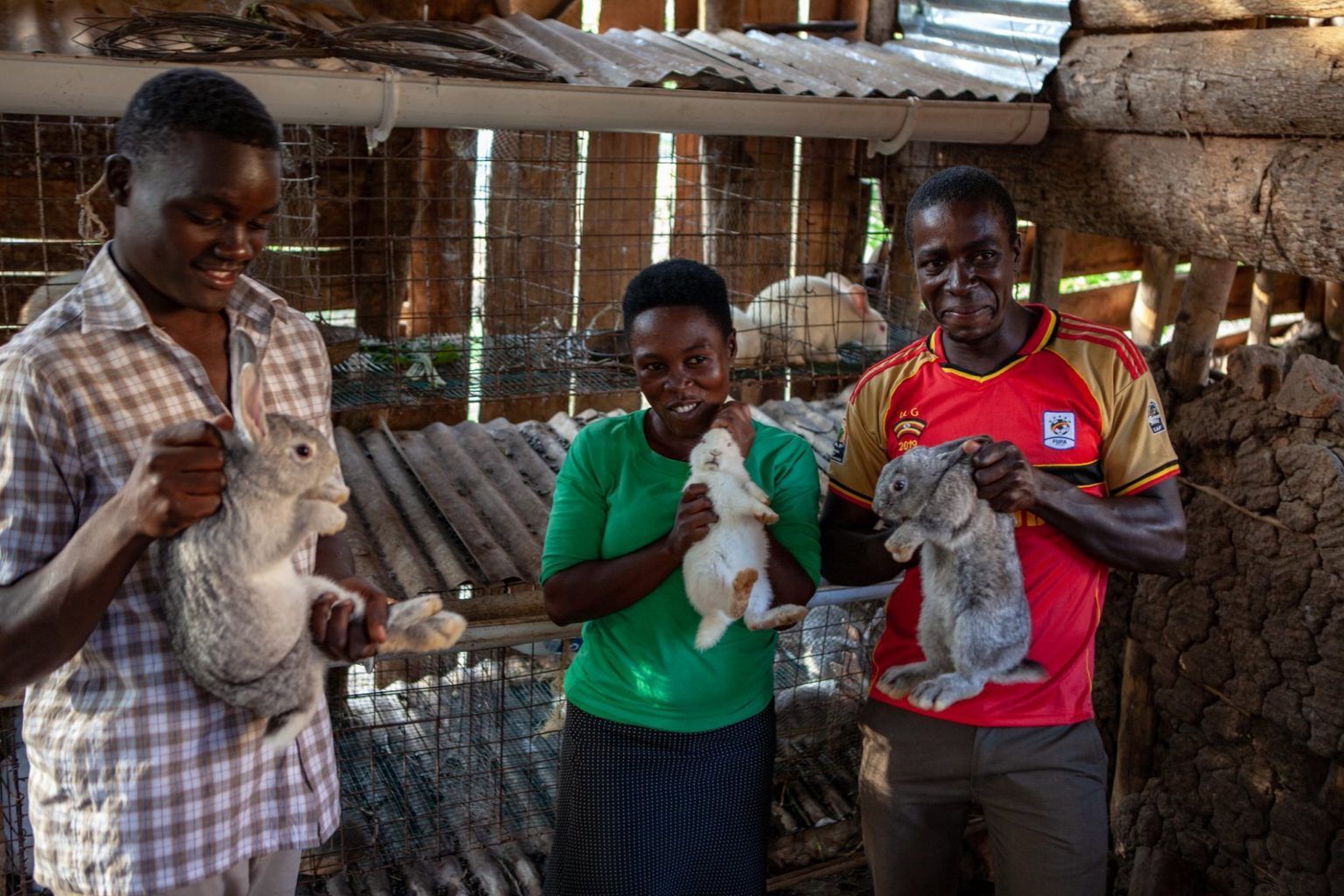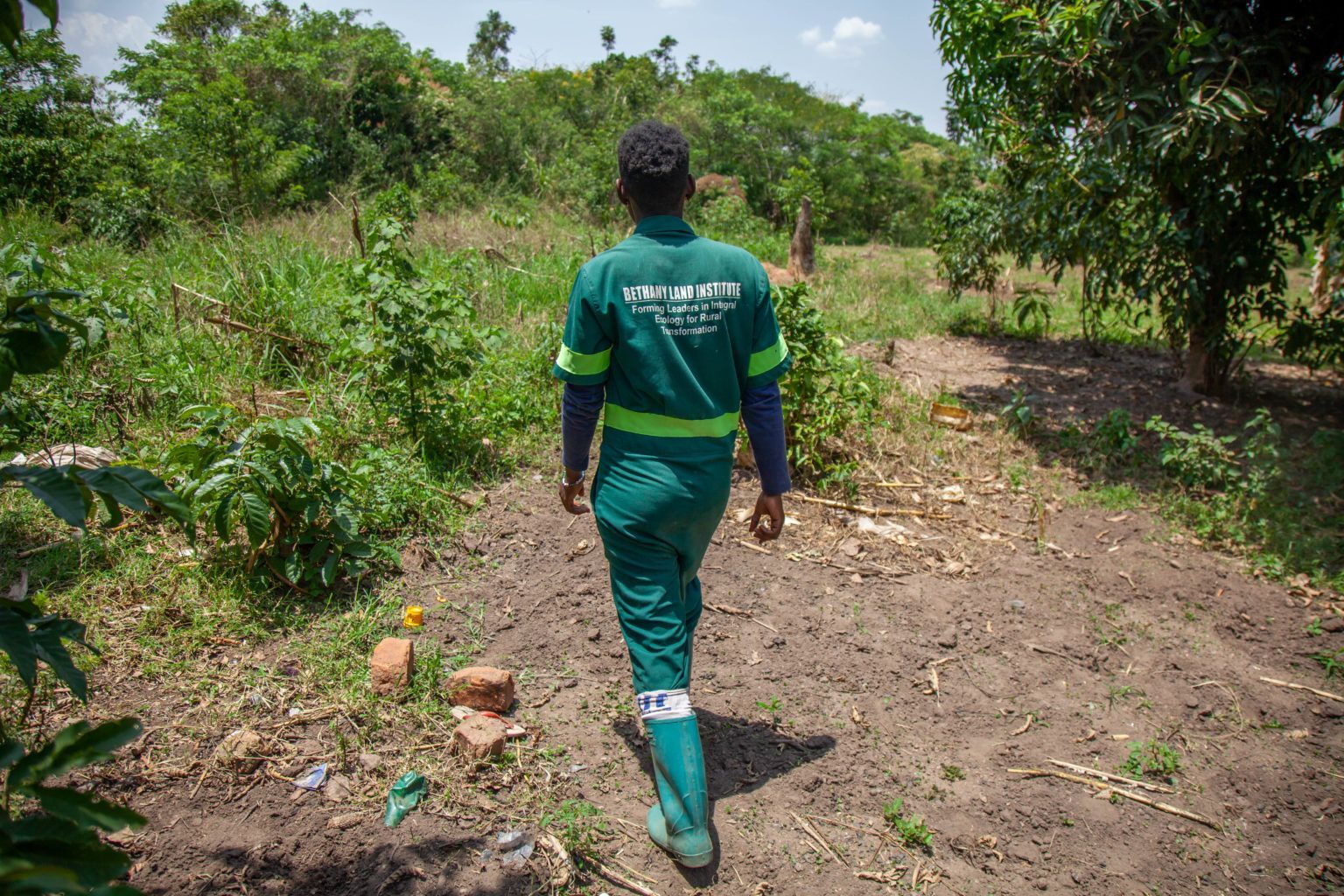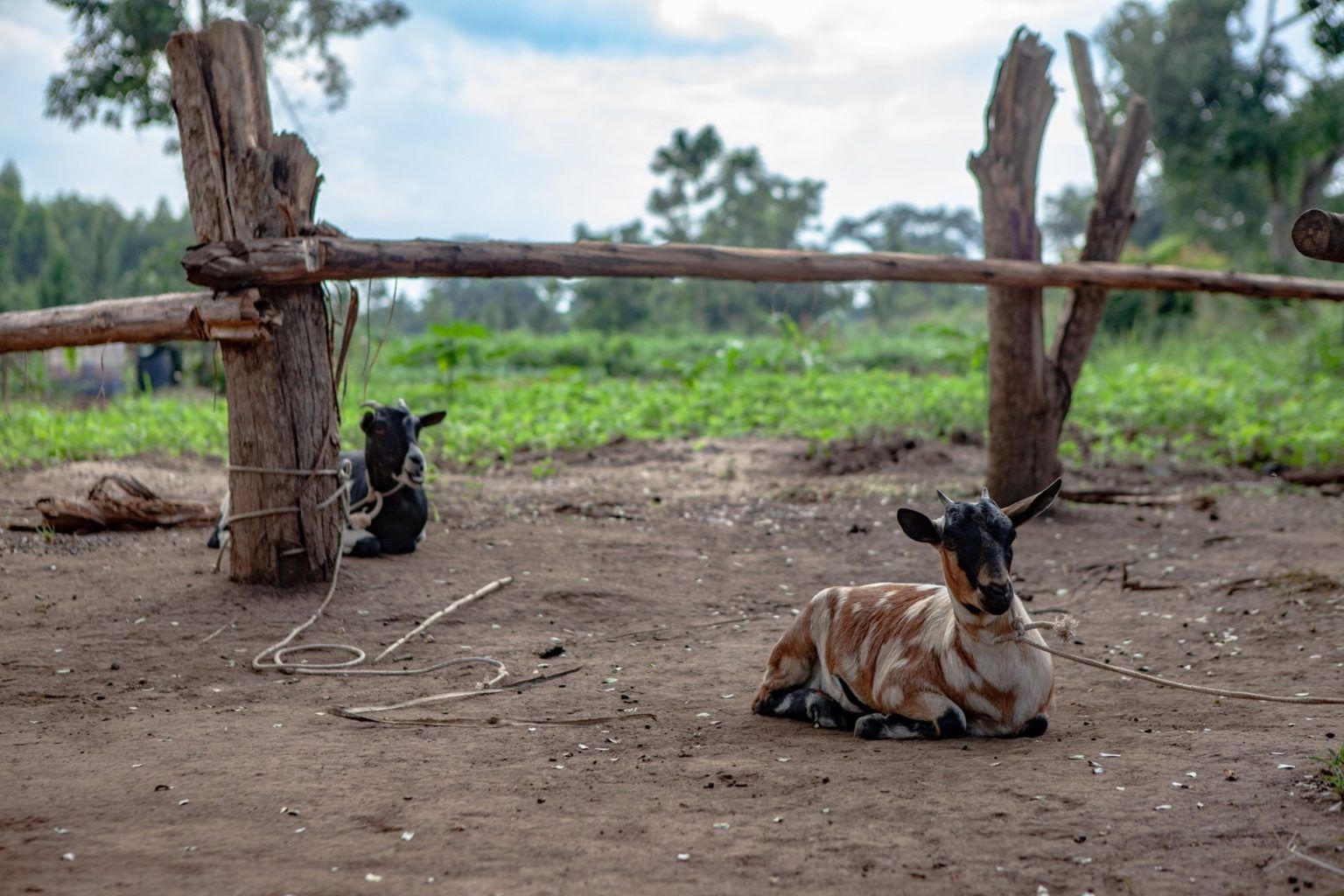Our Impact
BLI is committed to regularly measuring our impact, both quantitatively and qualitatively. We constantly collect information and stories from our Caretakers on the ground, tracking their progress once they leave BLI to see the long-term results of their education with us. Additionally, we are regularly collecting data about the plants, trees, and other wildlife species on our campus to see the impact we are having on the land.
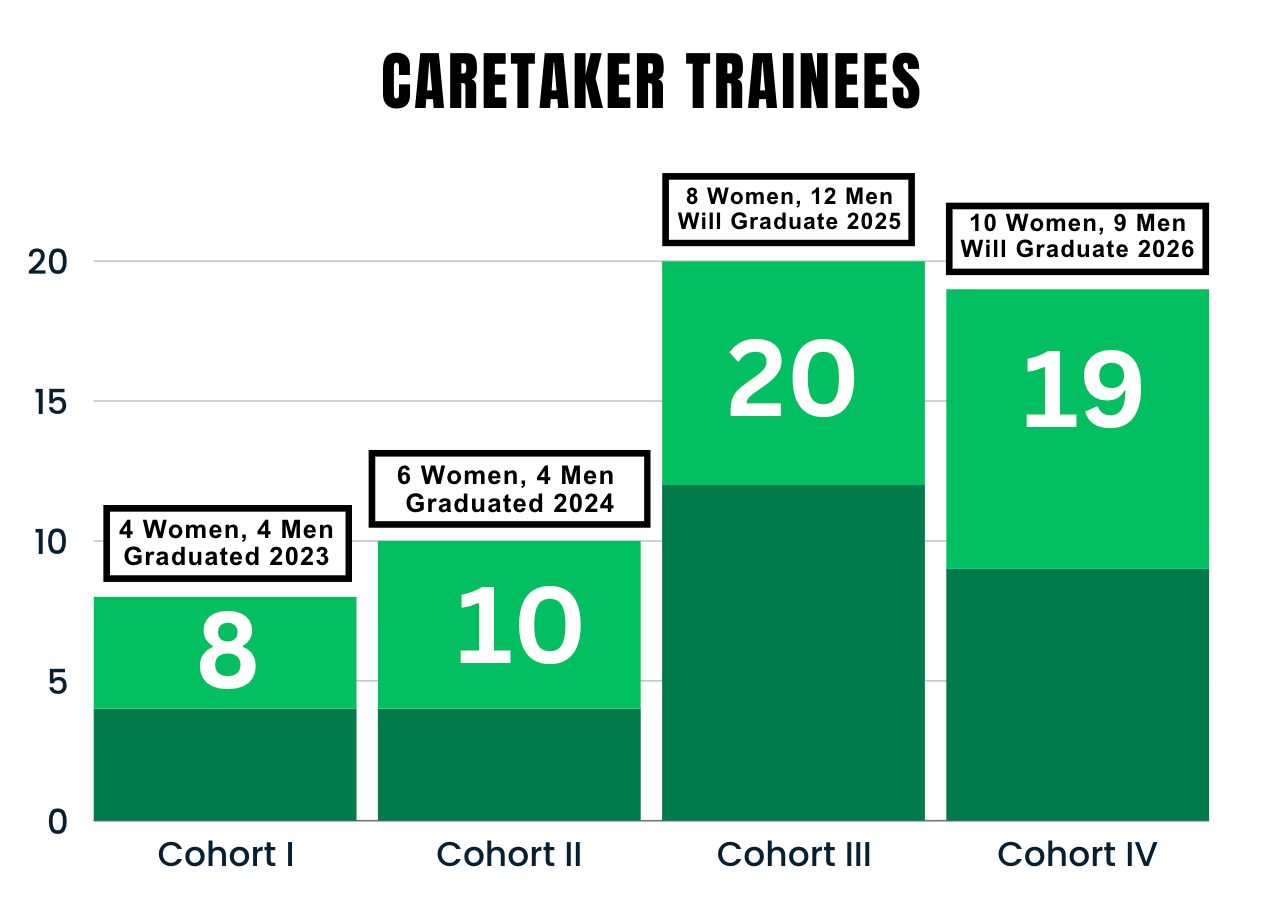
Our Caretakers
Currently, 39 Caretaker Trainees (Cohorts III and IV) reside on BLI's campus in Nandere. Every cohort spends two years in the program before returning to their homes to start their own Integral Ecology farms.
Our first cohort graduated in July 2023. All eight graduates have returned to their home villages and started their own farms, enabling the practice of Integral Ecology to spread across Uganda. These Caretakers are highly motivated and determined to make their farms a success. As one graduate, Alice Nanfuka, said in March 2023, "I know, in one year, I am going to be somewhere." Meet Alice, and the other graduates, by clicking the button below.

2023 graduate Alice Nanfuka started NAJ Integrated Organic Farm in her home village of Bukalabi. Alice borrows a small plot of land from her mother. Alice has started with a variety of crops and hopes to add chickens, a piggery, and a canteen.
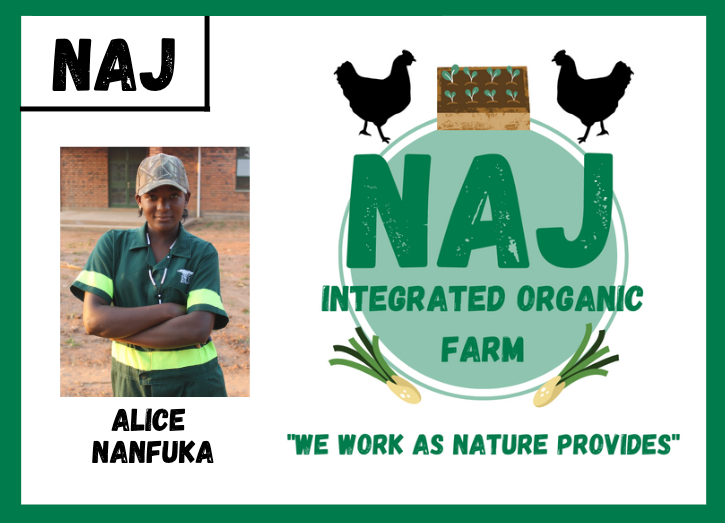
Flavia Nabaggala, named the Best Academic Performer in the first cohort, started Bethel Integrated Organic Family Farm. She farms there with her young son, Lazarus. She already has crops and chickens.
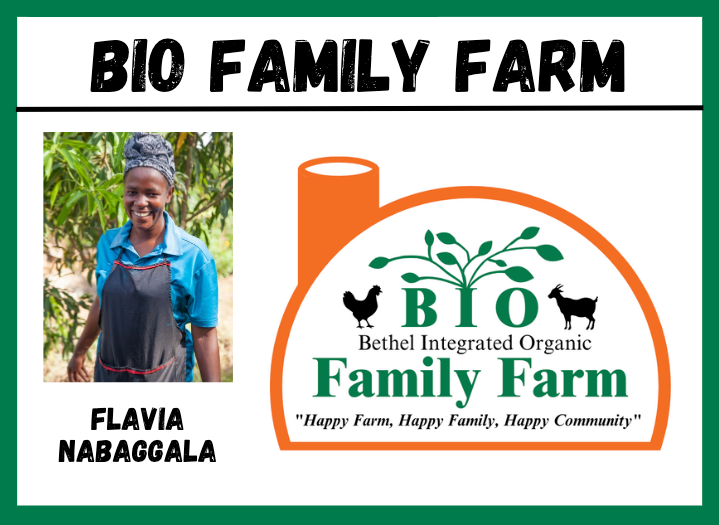
After graduating from BLI, Vicent Katumba opened VIKA Integrated Farm in his home village. He has both crops and animals. His farm's motto is "Safe Soil, Safe Food, Safe Livelihoods."
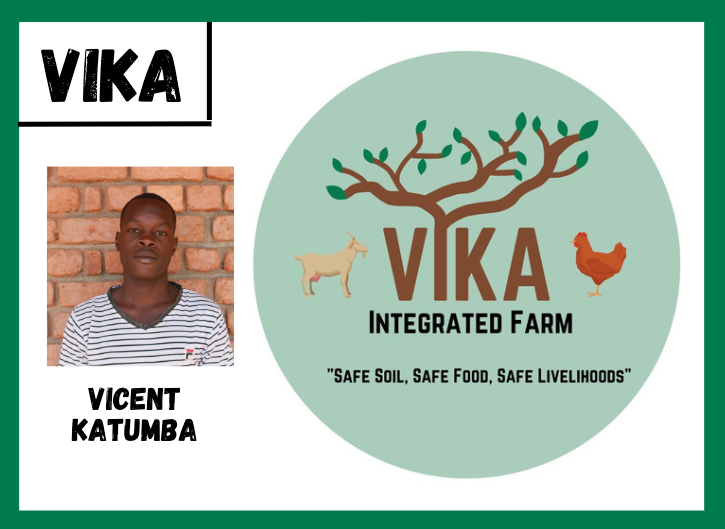
“The ecological conversion needed to bring about lasting change is also a community conversion.” - Laudato Si', #219
Lazarus' Forest
BLI is home to the last remaining forest in the Luweero District. We not only protect the remaining forest land but continue to reforest previously encroached areas. We have a tree nursery on campus and regularly plant trees both in our forest and the surrounding communities. We are on track to plant 300,000 trees by 2030. By 2050, we will have planted 1,000,000 trees. Since these efforts began, we have witnessed the return of many animal species to the forest, including multiple families of monkeys; a large number of bird species; a few snakes, including the black mamba snake; and multiple other animals that now call our forest home.
